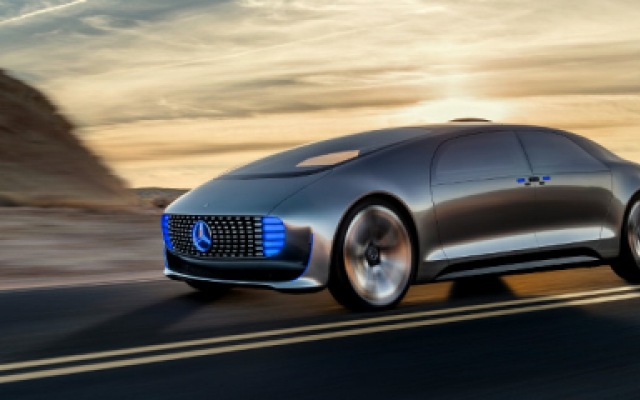On the evening of March 18, a female pedestrian was struck and killed by an autonomous Uber vehicle in Arizona. Uber responded by announcing that it would pull all of its self-driving vehicles from public roads in Arizona as well as the cities of Pittsburgh, San Francisco, and Toronto. This marks the first known fatality from a self-driving vehicle.
Tempe, Arizona, police Chief Sylvia Moir said in an interview that it appeared the Uber was unlikely to be at fault in the accident. Moir received criticism on social media, and the police department walked back the comments in another statement. In any case, the public outcry in the aftermath of the accident has cast a shadow over the fast-growing autonomous vehicle industry.
A coalition of safety groups in the United States have urged the Senate Commerce Committee to sit on legislation governing autonomous vehicles until the National Transportation Safety Board completes an investigation into the fatal crash. Private entities have also started to move quickly in response to the accident.
On March 20 Toyota Motor Corp. said it would put a hold on its autonomous vehicle testing. Toyota cited the potential “emotional effect” the incident may have had on testers. Hyundai Motor also said that it has exercised caution in the development of autonomous cars and claimed other companies “had more relaxed safety standards.”
Several top companies in the U.S. will have a lot riding on the conclusions drawn from the NTSB. Apple Inc. has been working on “autonomous systems” and its initiative reportedly includes dozens of test vehicles. In California, Uber has permits to test 29 vehicles, while Tesla Inc. has 39 permits. According to a recent report from the Financial Times, Apple has increased its own fleet to 27 as of January 2018. However, CEO Tim Cook has said that many projects will not be revealed until the next decade.
Ontario recently pledged $80 million over a five-year span to its Autonomous Vehicles Innovation Network, which has sought to establish a development hub in Stratford. There is one Canadian company that has stood out for its efforts in the industry.
BlackBerry Ltd. (TSX:BB)(NYSE:BB) stock has climbed 18.3% in 2018 as of close on March 20.
In early January, the Chinese search engine giant Baidu Inc. announced that it had selected BlackBerry to provide the safety operating system for its Apollo autonomous driving system. BlackBerry has reportedly developed 12 different software modules beyond infotainment in its QNX unit. In December, it also partnered with Denso Corp., a Toyota technology supplier, to develop platforms for coordinating human-machine interfaces.
Magna International Inc. (TSX:MG)(NYSE:MGA) announced in October 2017 that it would partner with BMW and Intel Corporation to develop a self-driving vehicle system. This was aimed to hit the global market by 2021.
What does this mean for the industry?
The business information provider IHS Markit Ltd. projected that more than 33 million autonomous vehicles would be sold in 2040 compared to the 51,000 estimated to be sold in 2021, expected to be the first year of significant volume. The explosive growth of this industry will bring controversy with it. One only needs to look at how safe commercial air travel has become in the present day following decades of trial-and-error and untold billions spent on the improvement of passenger safety.
I expect we will see a similarly dogged pursuit of passenger safety as we look to a future of more self-driving vehicles. In the short term it will take time for private entities and the public at large to adjust to this new technology. For the long term, investors should be looking to buy a stake in an industry that offers explosive future growth.








